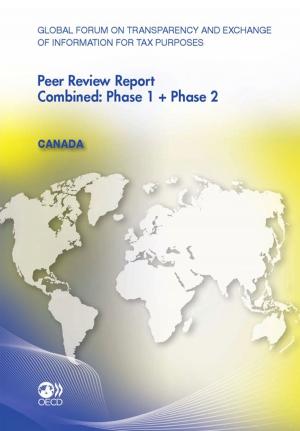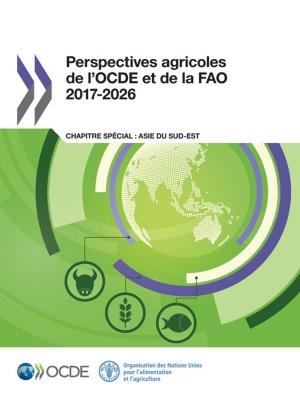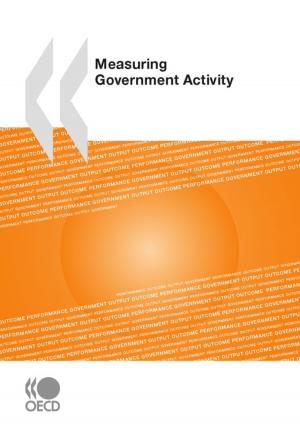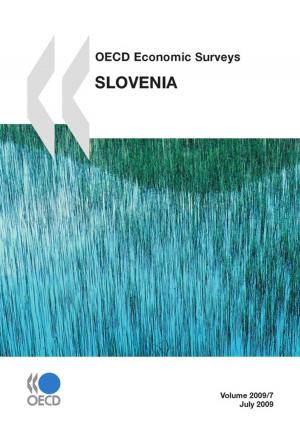Creating Effective Teaching and Learning Environments
First Results from TALIS
Business & Finance, Business Reference, Education| Author: | Collective | ISBN: | 9789264068780 |
| Publisher: | OECD | Publication: | July 21, 2009 |
| Imprint: | OECD | Language: | English |
| Author: | Collective |
| ISBN: | 9789264068780 |
| Publisher: | OECD |
| Publication: | July 21, 2009 |
| Imprint: | OECD |
| Language: | English |
This publication is the first report from the International Teaching and Learning Survey (TALIS). It provides quantitative, policy-relevant information on the teaching and learning environment in schools in 23 countries and has a focus on lower secondary education.
School effectiveness research consistently shows that the quality of the learning environment is the most important policy-malleable factor for positive student learning and student outcomes. In recognition of this, TALIS explores key policies and practices that shape the learning environment.
The important role that school leadership can play in creating effective schools is well documented. TALIS illustrates the roles and functions that school leaders adopt within schools – often facing quite different circumstances - and examines how these roles support teachers in their work. Retaining and developing effective teachers is a priority in all school systems and TALIS examines how teachers‟ work is recognised, appraised and rewarded and how well the professional development needs of teachers are being addressed.
Perhaps the most innovative aspect of TALIS is the insights it provides on the teaching beliefs that teachers bring to the classroom and the pedagogical practices that they adopt. TALIS cannot measure which practices or beliefs are most effective but it does show how these associate with some of the conditions that are pre-requisites for effective schooling.
This publication is the first report from the International Teaching and Learning Survey (TALIS). It provides quantitative, policy-relevant information on the teaching and learning environment in schools in 23 countries and has a focus on lower secondary education.
School effectiveness research consistently shows that the quality of the learning environment is the most important policy-malleable factor for positive student learning and student outcomes. In recognition of this, TALIS explores key policies and practices that shape the learning environment.
The important role that school leadership can play in creating effective schools is well documented. TALIS illustrates the roles and functions that school leaders adopt within schools – often facing quite different circumstances - and examines how these roles support teachers in their work. Retaining and developing effective teachers is a priority in all school systems and TALIS examines how teachers‟ work is recognised, appraised and rewarded and how well the professional development needs of teachers are being addressed.
Perhaps the most innovative aspect of TALIS is the insights it provides on the teaching beliefs that teachers bring to the classroom and the pedagogical practices that they adopt. TALIS cannot measure which practices or beliefs are most effective but it does show how these associate with some of the conditions that are pre-requisites for effective schooling.















